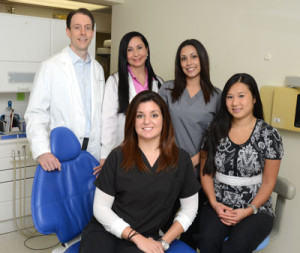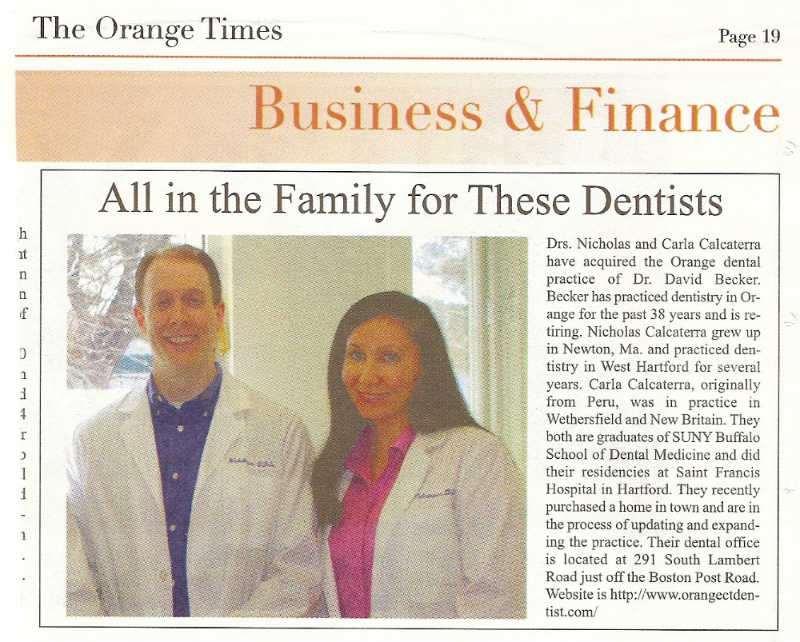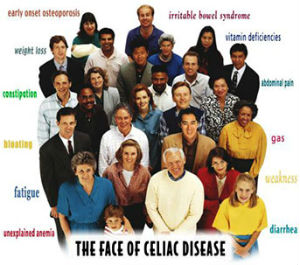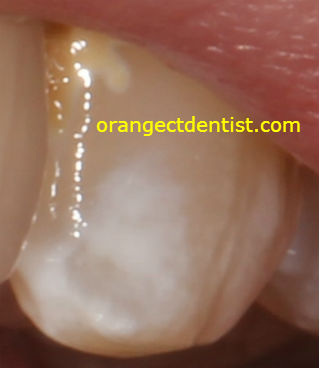Approximately 4 months ago, we published a blog post describing a relationship between tooth loss and pregnancy. The theory was that pregnant women avoided dental care due to fears over the possible impact of dental treatment on their pregnancy. The findings of the study confirmed a greater incidence of tooth loss in women with children .

New Guidelines
In a recent issue of Obstetrics and Gynecology, the American College of Obstetricians and Gynecologists (ACOG) published recommendations regarding dental care during pregnancy. These recommendations were based upon years of research on the impact of oral health on pregnant and post-partum individuals.
Key findings from the committee included:

Routine dental care is important
- OB/Gyns should discuss oral health with all patients, especially those who are pregnant.
- Pregnant women should be advised by their OB that by improving her oral health, she is less likely to transmit the cavity producing bacteria to her infant.
- OBs should inform patients that diagnosis of oral conditions, including dental x-rays, are safe during pregnancy.
- OBs should inform their pregnant patients that certain conditions (dental abscesses, dental caries, pericoronitis, etc.) may require treatment during the pregnancy. In general, delaying treatment may result in more complex problems.
- Patients who experience morning sickness are at a greater risk for dental decay.
The Committee writes:
“Oral health is an important component of general health and should be maintained during pregnancy and through a woman’s lifetime. Maintaining good oral health may have a positive effect on cardiovascular disease, diabetes, and other disorders.”

Our dedicated clinical team
We have had the privilege of caring for hundreds of pregnant and post-partum women over the years.
In most cases, we simply perform a routine cleaning and inform the patient of our findings. By doing so, we have been able to educate on the importance of oral health as well as help prevent future tooth loss.
If you are expecting and have a dental question, feel free to call us for an appointment.





